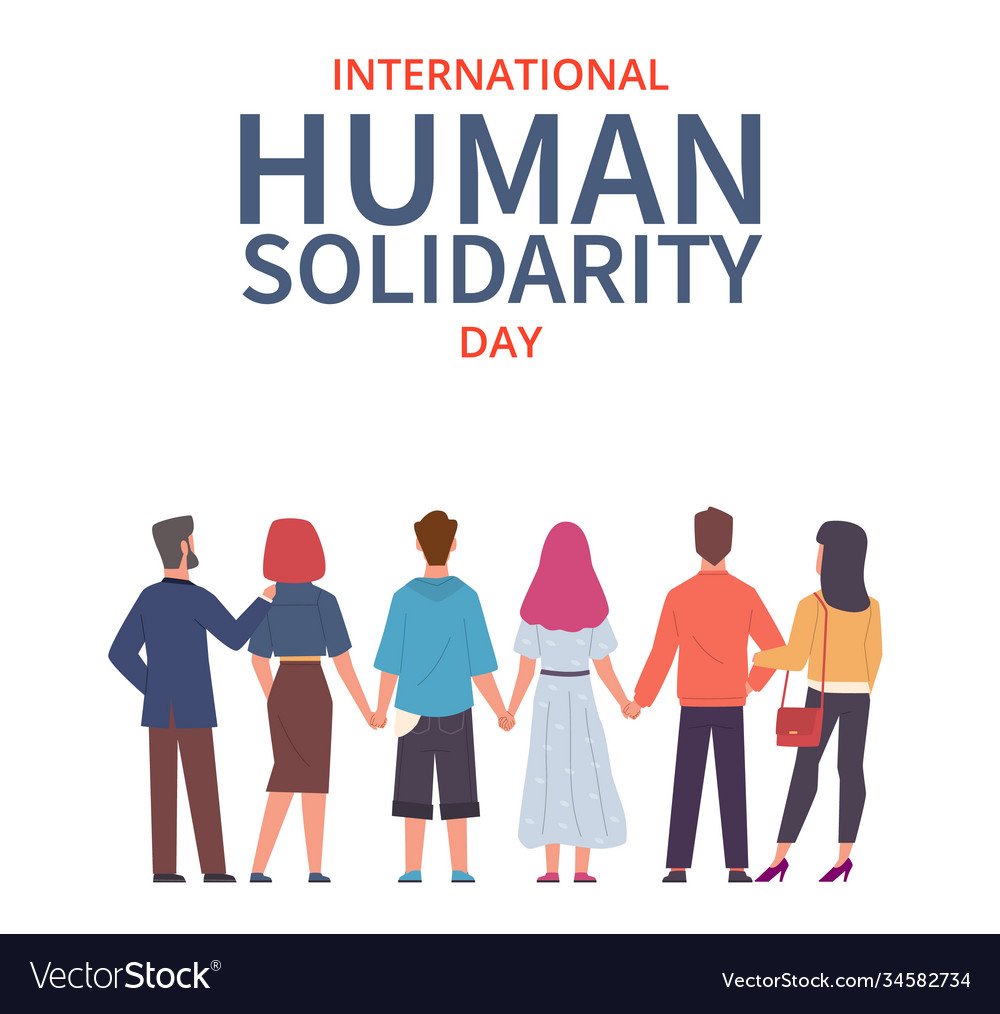In the shadowed corridors of power, where decisions are weighed on scales unseen by the public eye, a narrative is unfolding—one that could shape the course of our world in ways both profound and potentially perilous. The recent attacks on three U.S. service members have thrust the United States into a moment of reckoning, a juncture where choices made today will ripple through time, affecting lives far beyond those directly involved.
The U.S. government’s response to these provocations has been a study in calculated ambiguity. Jake Sullivan, National Security Advisor to President Biden, has traversed the media landscape with a message as clear as it is enigmatic: no options are off the table when it comes to dealing with Iran and its allied militias in Iraq and Syria or with Houthis. This open-ended stance signals an administration at once poised for action yet deeply entangled in the complexities of international diplomacy.
But what does this mean for us—the global community watching from afar? And more importantly, what implications does this have for our shared future on this increasingly fragile planet?
Firstly, we must recognize that military readiness—a term so often bandied about by officials—carries with it consequences that extend far beyond immediate geopolitical concerns. Each act of aggression, each deployment or threat thereof contributes to an escalating cycle of violence that not only endangers human lives but also further destabilizes regions already grappling with conflict-induced environmental devastation.
Moreover, engaging in this precarious diplomatic balancing act with Iran while keeping military options open sends mixed signals to an international community striving for stability and peace. It raises questions about commitment to diplomatic solutions over militaristic interventions—an approach history has shown us time and again leads only to prolonged suffering and destruction without addressing root causes.
It’s imperative we understand that behind these strategic maneuvers lie real people—service members placed in harm’s way; civilians caught between warring factions; communities whose futures hang in balance. The rhetoric of strength and retaliation obscures the human cost of conflict—a price too high for any nation or people to bear.
As advocates for systemic change, we must challenge the prevailing narrative that positions military might as a panacea for international disputes. We must demand accountability from those who wield power over war and peace decisions—insisting they prioritize diplomacy rooted in mutual respect and understanding over displays of force.
Furthermore, our advocacy should extend beyond calling out militaristic responses to encompass championing policies that address underlying issues fueling conflicts around the globe: inequality, resource scarcity exacerbated by climate change, political disenfranchisement. By fostering sustainable development grounded in eco-socialist principles—redistributing wealth equitably among nations; transitioning towards renewable energy sources; ensuring all communities have access to basic needs—we can begin dismantling systems perpetuating cycles of violence.
Let us not be seduced by narratives framing aggression as strength or war as inevitable destiny. Instead let’s envision—and tirelessly work towards—a world where peace isn’t merely absence of conflict but presence justice ecological harmony social equity Herein lies true courage resilience path forward demands nothing less bold collective imagination unwavering commitment transformative change Together let’s redefine security not armaments alliances but thriving planet sustains nourishes every inhabitant No option should ever be off table when comes safeguarding precious legacy future generations depend upon Let stand united call leaders eschew paths lead deeper quagmire embrace strategies usher era lasting global solidarity

Leave a Reply